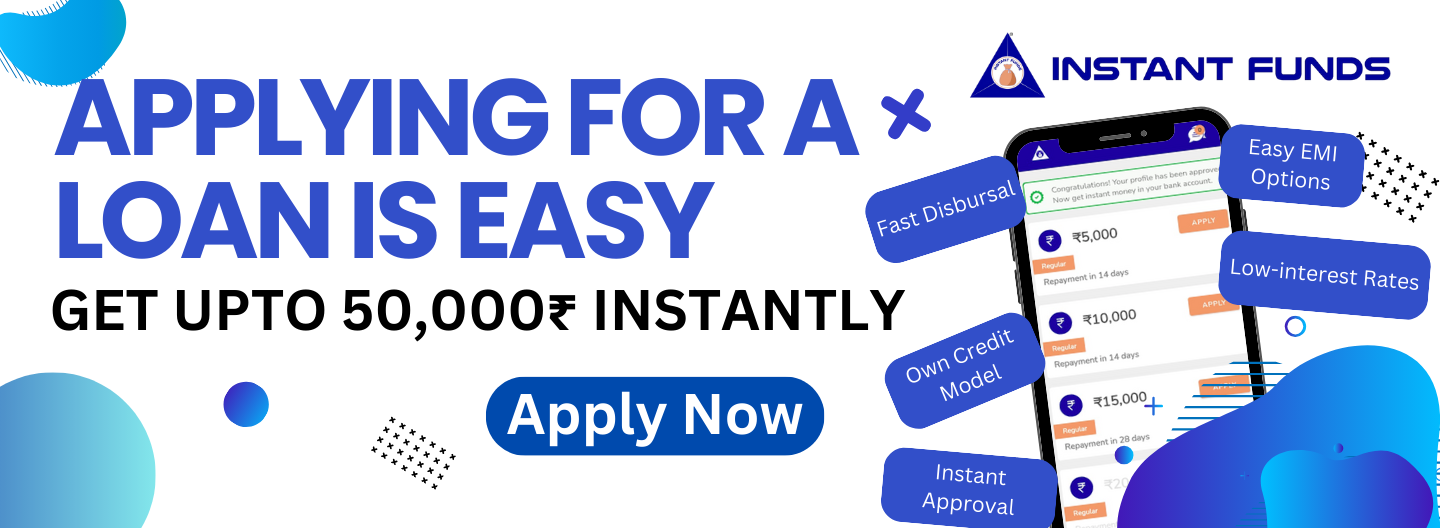Piyush Gupta 20 Sep, 2024
What Are the Different Business Financing Options?
There are several business financing options available depending on the size, stage, and needs of your business. Here’s a breakdown of the major options:
1. Traditional Bank Loans
- Description: A common financing option where businesses borrow a lump sum from a bank, which they pay back with interest over time.
- Best for: Established businesses with good credit history.
- Pros: Lower interest rates; larger loan amounts.
- Cons: Strict approval requirements; requires collateral.
2. Small Business Administration (SBA) Loans
- Description: Government-backed loans that are issued by private lenders but partially guaranteed by the SBA, reducing the lender's risk.
- Best for: Small businesses looking for affordable financing.
- Pros: Lower down payments; longer repayment terms.
- Cons: Lengthy approval process; detailed documentation required.
3. Business Lines of Credit
- Description: A flexible financing option where businesses can borrow up to a certain limit and only pay interest on what they use.
- Best for: Managing cash flow and short-term expenses.
- Pros: Flexibility; interest only on the amount used.
- Cons: Higher interest rates; potential fees for unused credit.
4. Equipment Financing
- Description: Loans or leases specifically for purchasing business equipment. The equipment often acts as collateral.
- Best for: Businesses needing to buy expensive equipment.
- Pros: Helps preserve cash flow; often easier to qualify for.
- Cons: Equipment can be repossessed if payments are not made.
5. Invoice Financing (Factoring)
- Description: Businesses sell their outstanding invoices to a lender in exchange for immediate cash, often at a discount.
- Best for: Businesses with slow-paying customers and immediate cash needs.
- Pros: Fast access to cash; no collateral needed.
- Cons: High fees or interest; reduced profit margin.
6. Merchant Cash Advance (MCA)
- Description: A lump sum of cash is advanced to the business in exchange for a percentage of future sales.
- Best for: Businesses with high daily credit card transactions.
- Pros: Fast approval; flexible repayments.
- Cons: High costs and fees; may hurt cash flow.
7. Crowdfunding
- Description: Raising small amounts of money from a large number of people, typically via online platforms like Kickstarter or GoFundMe.
- Best for: Startups and product-based businesses.
- Pros: Can validate product ideas; no repayment required.
- Cons: Time-consuming; no guarantee of success.
8. Angel Investors
- Description: Wealthy individuals who provide capital in exchange for equity or convertible debt in a business.
- Best for: Startups with high growth potential.
- Pros: No repayment; access to the investor’s expertise.
- Cons: Loss of ownership and control.
9. Venture Capital (VC)
- Description: Firms or investors provide significant capital to high-growth startups in exchange for equity.
- Best for: Rapidly growing companies with high potential.
- Pros: Large amounts of capital; access to mentorship and networks.
- Cons: Loss of control; requires fast growth.
10. Grants
- Description: Non-repayable funds from government or private institutions.
- Best for: Businesses with a social impact or in specific industries.
- Pros: No repayment; supports innovation.
- Cons: Competitive application process; often restricted to certain industries.
11. Personal Financing (Savings or Personal Loans)
- Description: Using personal funds or taking out a personal loan to finance the business.
- Best for: New startups or very small businesses.
- Pros: No need for external approval; flexible use.
- Cons: High risk to personal finances; limited funding amount.
12. Peer-to-Peer (P2P) Lending
- Description: Borrowing money from individuals via online platforms rather than from traditional financial institutions.
- Best for: Businesses unable to qualify for traditional loans.
- Pros: Easier approval; flexible terms.
- Cons: Higher interest rates; limited loan amounts.
Each of these financing options has unique pros, cons, and best use cases. The right one depends on your business needs, growth stage, and financial situation.

